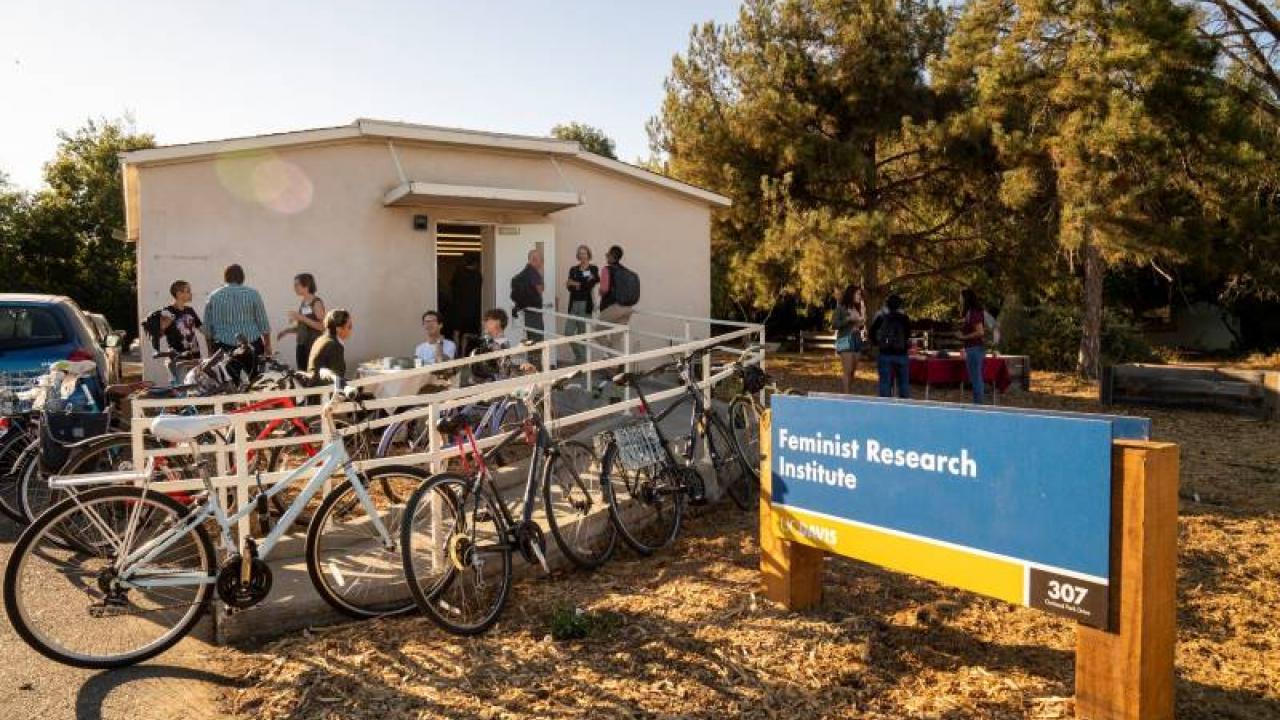
The New Knowledge Creators
The Feminist Research Institute (FRI) featured us as part of the "New Knowledge Creators."
Read the full article here to learn about the NSF-funded projects at FRI.
At the Feminist Research Institute, we believe in a future of justice and inclusivity, and in a knowledge base made more impactful by intersectional research. And we think this approach to research is a little bit radical.
Our research strategy is focused less on carving out topical niches, and more on rethinking the research process itself. There are longstanding feminist questions of how knowledge is created—by whom, for whom, and for what ends—and applying them to knowledge creation means thinking through how research happens and how the different gears of research fit together.
How do we train researchers? How do we support their pursuits? Is collaboration between researchers, and between researchers and communities, encouraged? Is research impactful and accessible?
Who counts as a knowledge creator?
[.....]
Big Idea: Navigating the New Arctic
While FRI primarily focuses on the active research agendas of our leadership and affiliates, we also provide proposal management support for other researchers if the project is right. Maria Marco (Food Science and Technology), Jessica Perea (Native American Studies), Aviaja Lyberth Hauptmann (Visiting Carlsberg Foundation Postdoctoral Fellow at UC Davis and Assistant Professor at Ilisimatusarfik - University of Greenland), and Stephanie Maroney (Davis Humanities Institute) approached FRI with a compelling vision for the new NSF grant, Navigating the New Arctic. Navigating the New Arctic is one of NSF’s “Big Ideas,” areas of research the agency has identified as in need of targeted support to address urgent issues with widespread impact. The team was on a short timeline and new to the particularities of the NSF submission process and were interested in proposal support. Their project is exactly the kind of research that FRI wants to help make happen. With an interdisciplinary, innovative approach to research on fermented foods and food security in Greenland, the project seeks to center Inuit knowledge and expertise and build lasting research networks with an eye towards informing policy benefitting Artic communities. With FRI’s assistance, the team was able to move the proposal forward and secure funding for this important work. Find out more about the project here.